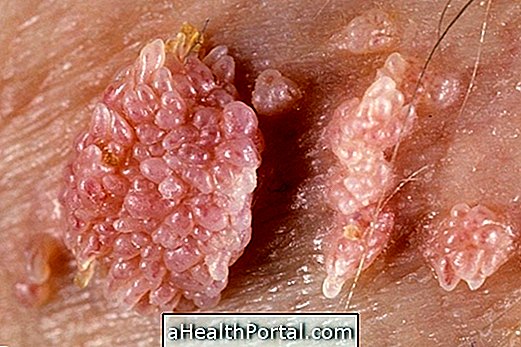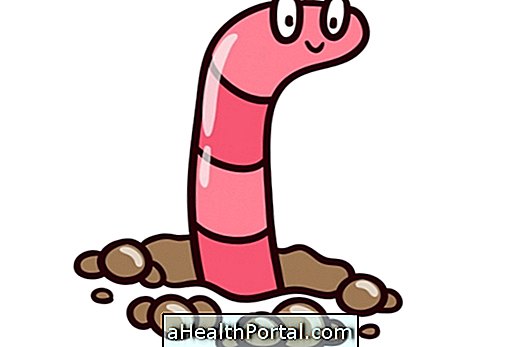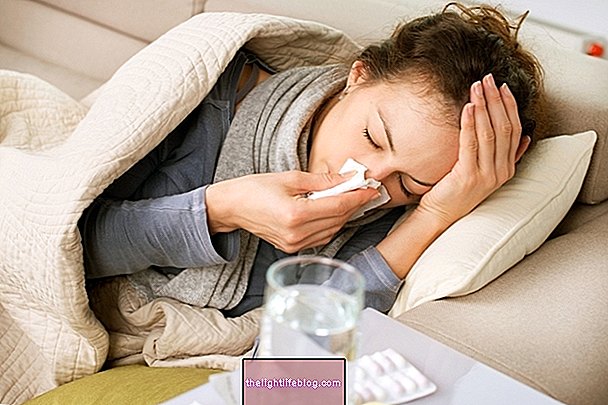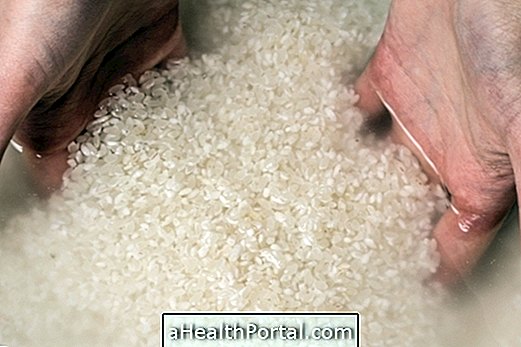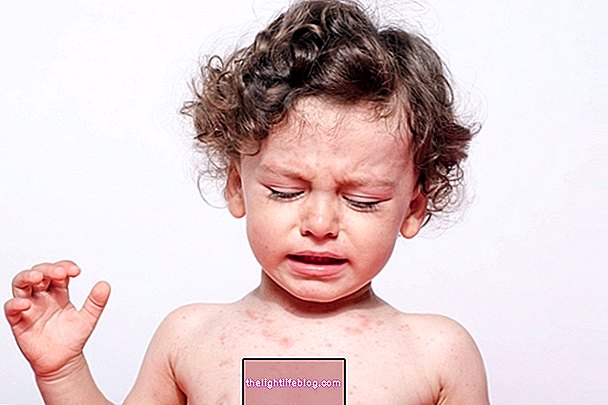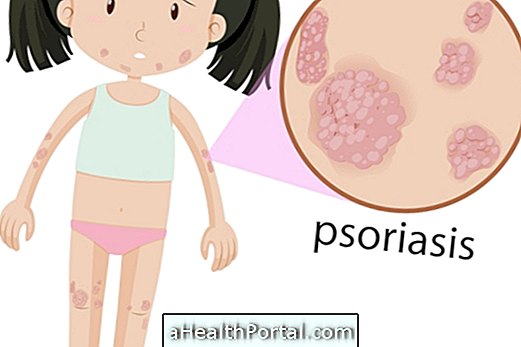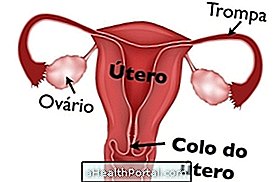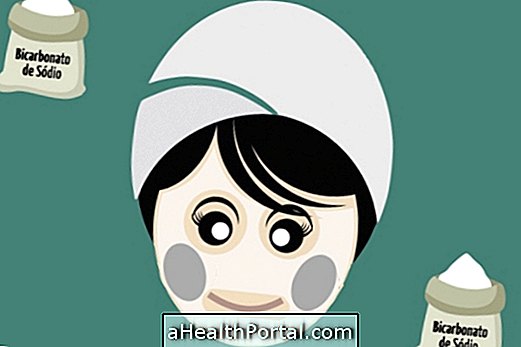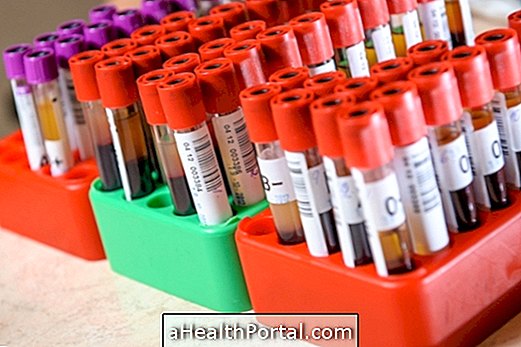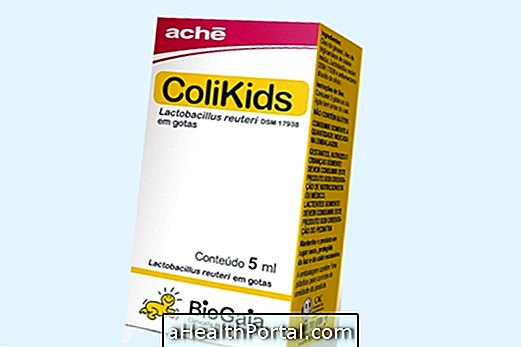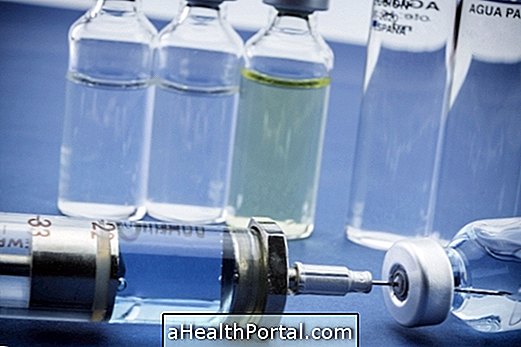The treatment for Dengue is aimed at relieving symptoms such as fever and pain in the body, and is usually done with the use of Paracetamol or Dipirone, for example. In addition, it is important to stay hydrated and stay at rest to help facilitate the fight against the virus by the body.
Some anti-inflammatories, especially those containing acetylsalicylic acid, such as aspirin, for example, should not be used by people with dengue, as this medicine may increase the risk of bleeding and bleeding as it may interfere with clotting. See which medicines are not to be used during dengue.
The Ministry of Health only recommends the use of acetaminophen to control fever and pain in suspected dengue, never exceeding the limit of 3 g per day. However, the use of any medicine should only be done after an appointment by a doctor. In addition, the treatment is exactly the same indicated for the illness caused by the Zika virus and for the Chikungunya Fever. Here's how to relieve the symptoms of dengue naturally.
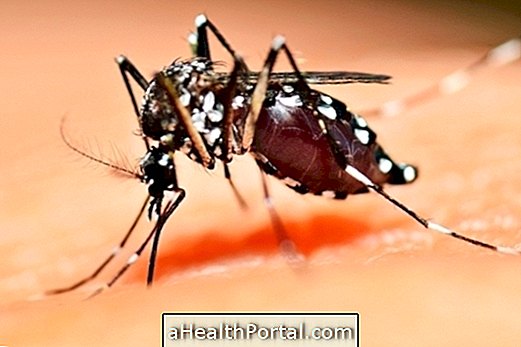
How is the treatment done?
The treatment of dengue is done consists of the relief of symptoms and, thus, improvement of the quality of life of the person. The use of Paracetamol or Dipirone is usually recommended by your doctor for relief of muscle or head pain. It is also important to avoid the consumption of soft drinks, such as soft drinks and isotonic, since they are diuretics and thus can favor dehydration. So it is important to drink plenty of water and have a light diet that facilitates digestion. Learn what to eat to recover faster from dengue.
In addition to the available treatments, there is also a vaccine that protects the body against this disease, Dengvaxia, however its application is only recommended in people who have had dengue or live in endemic areas. Learn more about the dengue vaccine.
Treatment of dengue hemorrhagic fever, which is the main complication of dengue fever, should be done in the hospital with the use of serum directly in the vein and medications to stop bleeding and increase platelets. In addition, when a person loses too much blood it may be necessary to use oxygen masks or perform blood transfusion to strengthen the body and facilitate the elimination of the virus.
At the hospital, the blood tests to follow the patient's recovery and health are repeated every 15 minutes and when there is some improvement every 2 hours. Usually the patient is discharged about 48 hours after the end of the fever and when the platelet concentration is normalized.
Signs of improvement
Signs of dengue improvement are decreased fever and pain relief in the body and usually appear up to 8 days after the onset of symptoms.
Signs of worsening
Signs of worsening dengue can occur in anyone and include vomiting, very severe abdominal pain, pallor and skin rashes. As soon as these symptoms are observed the patient should be taken to the hospital to be hospitalized.
When dengue treatment should be done in the hospital
Treatment should be hospital in the case of hypertensive patients with heart failure or who have an asthma attack or decompensated diabetes, even if it is not hemorrhagic dengue.
See also the care that must be taken with dengue in pregnancy.
Natural Treatment for Dengue
Natural treatment can help complement medical treatment for dengue, Zika virus and Chikungunya fever, and may include the consumption of chamomile tea, St. John's wort or strong root, for example, as they help to decrease symptoms and improve and strengthen immunity. See which are the best home remedies for dengue.
Dengue complications
The main complication of dengue is the development of dengue hemorrhagic fever, which should always be treated in the hospital because it is a serious situation. Seizures can happen in children and there may also be dehydration.
In some people dengue can damage the liver causing hepatitis, which needs to be investigated and treated. In rare cases, there may be irreversible damage to the liver requiring liver transplantation. Know all the complications and sequelae that dengue can cause.

